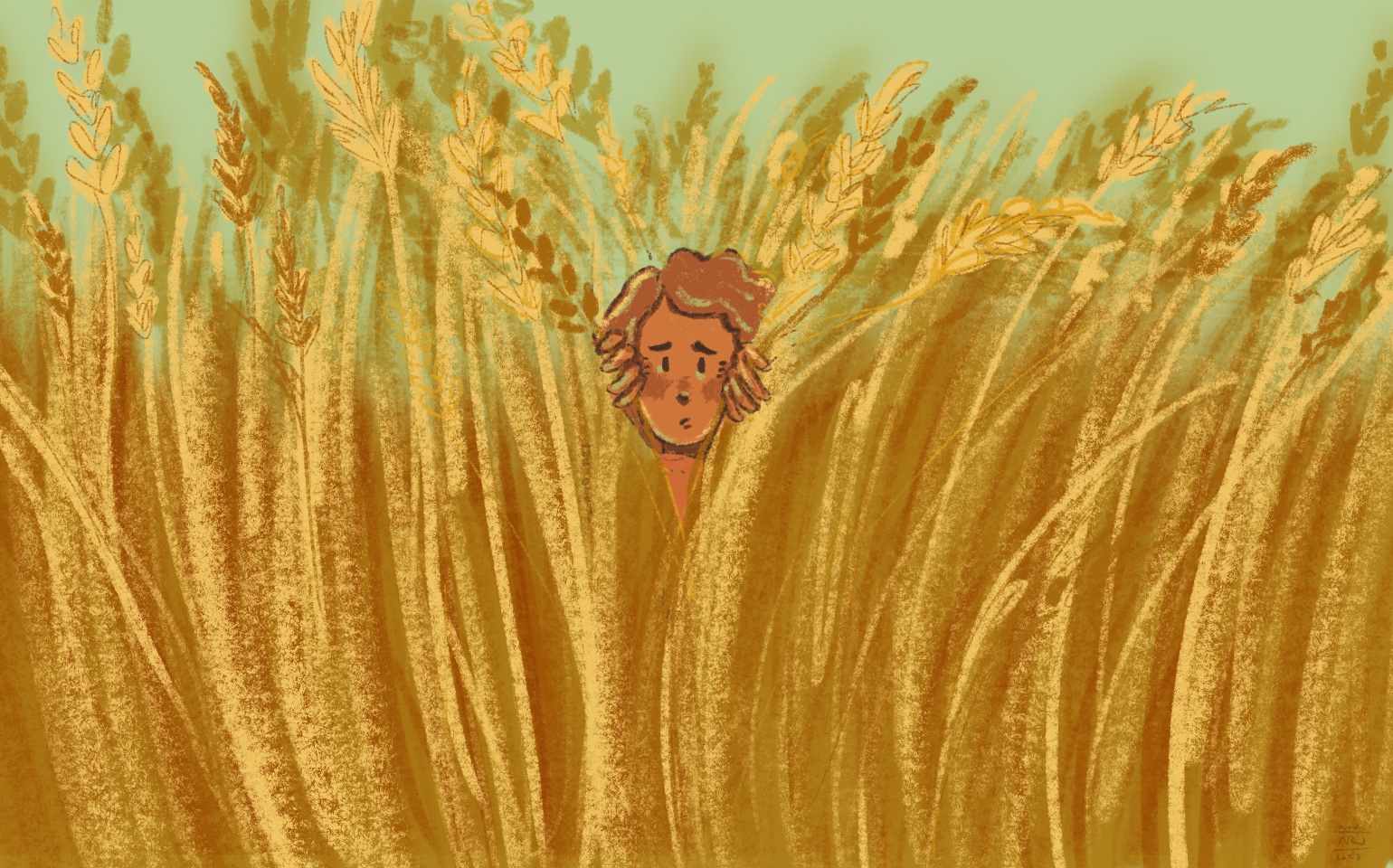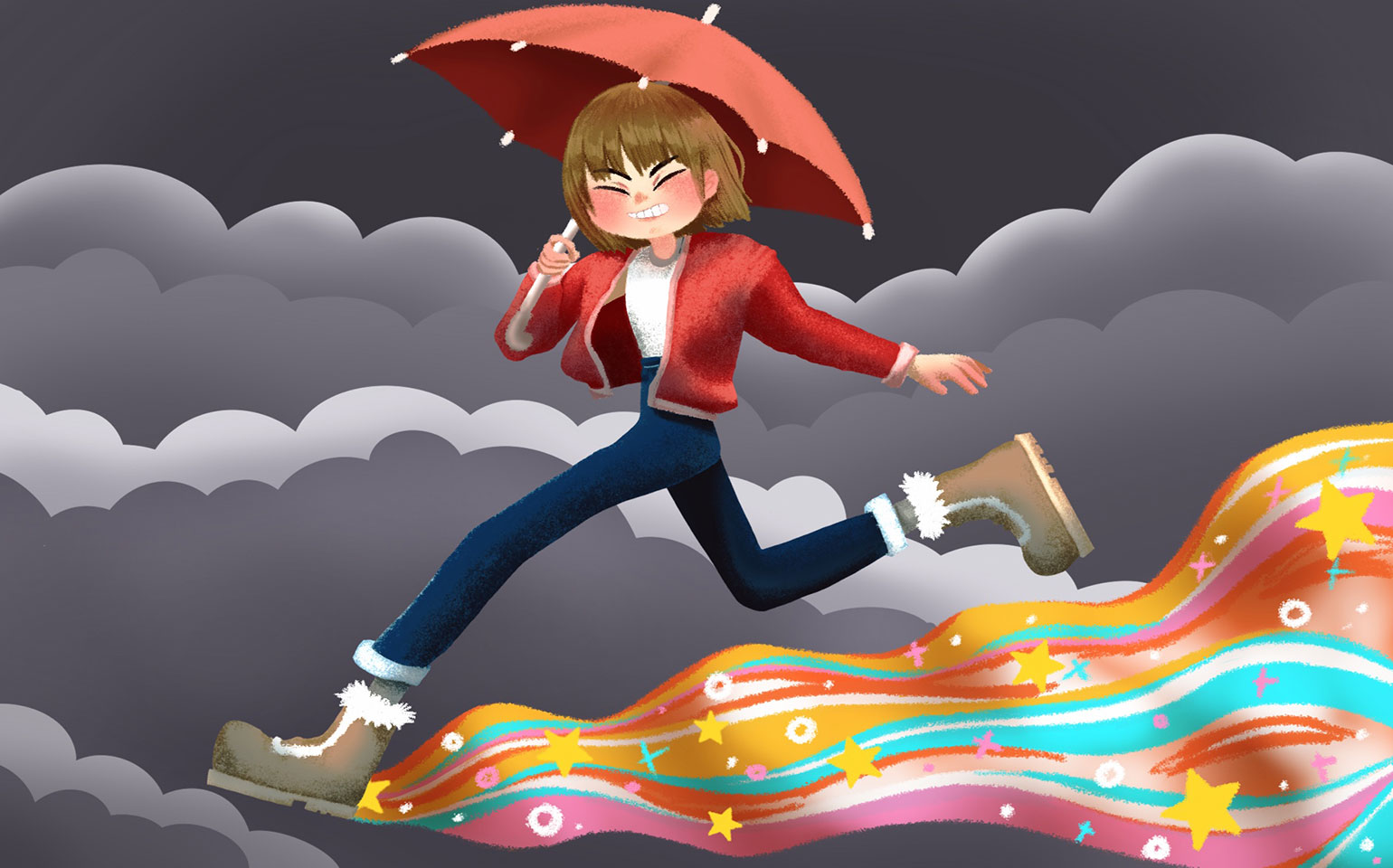Navigating the Gluten-Free Maze: A Personal Journey Through Celiac Disease
The biggest changes in life come when you least expect them. It was on December 1st 2022, the day I was diagnosed with celiac disease, that I truly grasped this notions’ profoundness. For those of you who don’t know, celiac disease is an autoimmune disorder that affects the small intestine when gluten—a protein found in wheat, barley, and rye—is consumed. It’s essentially a severe allergy to gluten where the ingestion of gluten causes damage to the small intestine. When someone with celiac disease consumes gluten, the immune system mistakenly recognizes it as a threat and launches an immune response to eliminate it. It’s important to note that celiac disease is different from gluten sensitivity or intolerance. While gluten sensitivity may cause similar symptoms to celiac disease, it doesn’t involve the autoimmune response and intestinal damage seen in celiac disease.
Celiac disease can be diagnosed at any age, although it commonly emerges during early childhood. Being diagnosed at 15 years old was a major upheaval in my life. Having consumed gluten for my entire life, I had to make significant changes to my lifestyle. This included completely reinventing my diet, as almost everything I consumed on a daily basis contained gluten. This included the cereal I had for breakfast every morning and the meals I took to school every day.
The more I realized I couldn’t eat, the more I started to feel like gluten-free was going to be a very tough challenge.
I dedicated countless hours to researching everything related to my condition on the internet. I searched for gluten-free ingredients and restaurants with gluten-free menus, seeking ways to ensure this change wouldn’t negatively impact my mental well-being. Researching celiac comforted me and provided me with a sense of control over this unavoidable situation. However, the most significant change I experienced was a growing sense of disconnection from my culture, which centered around traditional dishes and, in general, food. South Asian cuisine, like many other cuisines, often relies heavily on ingredients such as wheat, barley, and rye. These ingredients are staples for food like bread, roti, naan, and various other traditional dishes. Suddenly, I wasn’t able to partake in celebrations like I used to, disconnecting me from my South Asian heritage.
Similarly, living with celiac comes with its fair share of social hurdles. Most social get-togethers and events revolve around food, which can make things pretty tricky. The problem is, many people don’t fully grasp how serious celiac disease is and many think it’s a matter of preference rather than a genuine medical condition. This misunderstanding tends to lead to well-meaning but misguided attempts at offering gluten-free options that end up being cross-contaminated. Cross-contamination occurs when gluten-free foods come into contact with ingredients or surfaces containing gluten. For example, using the same knife to spread butter on regular bread and gluten-free bread can lead to cross-contamination, making the gluten-free option unsafe to eat. Gluten-free diets have gained in popularity as a personal choice, which often result in people not taking those with celiac disease seriously enough. Another common misconception about celiac disease is that a small amount of gluten is harmless. However, even a tiny trace of gluten can trigger a reaction in people with celiac disease. This misconception can make it challenging to dine out confidently or even trust the safety of foods people have prepared for me.
Living these past seven months with celiac disease has tested me in ways I could have never anticipated. It’s been specifically transformative in my gratitude.
My gratitude for the food I’m able to have and the gratitude I feel for those who go out of their way to make me feel comfortable in their company. It’s also reshaped my relationship with food. Every gluten-free meal or snack becomes a source of gratitude and appreciation for the nourishment it provides when I’m confident it will not cause me harm. The meticulous scrutiny of reevaluating my food choices has not only empowered me with a deeper understanding of the food I consume but also instilled a newfound sense of responsibility for my own health. Understanding, support, and efforts to include gluten-free options have made a tremendous impact on my well-being and sense of belonging. Because of celiac, I’ve developed a heightened awareness of how food affects my well-being and found a balance that allows me to enjoy meals without compromising my health. It has continuously tested my resilience, deepened my gratitude, and reshaped my relationship with food, which despite all the challenges, has made this experience worth it.




